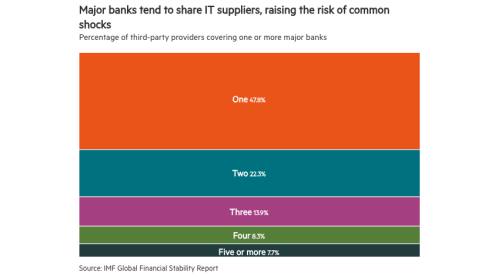At the end of January 2012, Greece’s Alpha Bank warned that it was not willing to put a final date on the closing of its planned merger with peer EFG Eurobank, because of the ratcheting up of the proposed haircut on Greek sovereign debt. Alpha’s announcement warned that the impact of the private sector involvement (PSI) deal to write off part of the Greek government’s debt “is expected to affect the parties in a disproportionate manner”, implying that Eurobank’s exposure to sovereign risk is significantly higher than Alpha’s own.
There is no question that Alpha’s Greek operations appear safer. The bank remained narrowly in profit in the first half of 2011, despite taking the 21% haircut on Greek sovereign debt that was then proposed under PSI. By comparison, Eurobank lost €588m in the same period owing to its PSI write-downs. Alpha is more highly capitalised as well, with a BIS Tier 1 ratio of 11.9% at end-2010, and a straight capital-to-assets ratio (CAR) of 8.74%. By contrast, Eurobank’s BIS ratio was 10.6%, and its CAR much lower at 5.83%. Both banks face funding pressures, with loan-to-deposit (LTD) ratios of more than 130% in Greece at the start of 2011 (see chart one, excludes deposits from central bank), and further deposit outflows during the year.






